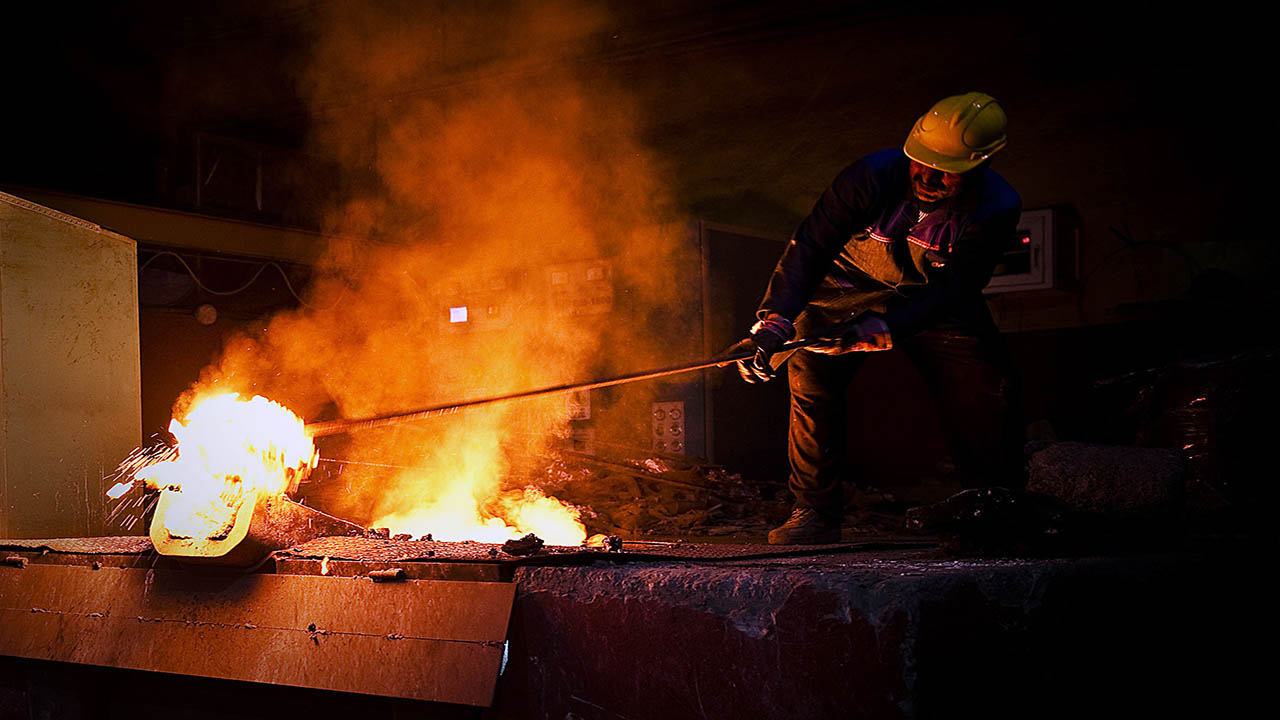
Aluminum Die Casting
Aluminum Die Casting
Edeb Engineering Aluminum die casting alloys are lightweight and possess high dimensional stability for complex part geometries and thin walls. Aluminum withstands good corrosion resistance and mechanical properties as well as high thermal and electrical conductivity, making it a good alloy for die casting. Low-density aluminum metals are essential to the die casting industry. The Aluminum Die Casting process retains a durable strength at very high temperatures, requiring the use of cold chamber machines. The molten metal is still contained in an open holding pot which is placed into a furnace, where it is melted to the necessary temperature. The open holding pot is kept separate from the die casting machine and the molten metal is ladled from the pot for each casting because these high temperatures would damage the normal pumping system. The pressure requirements for cold chamber castings are typically higher than those of hot chamber die castings.
Why use Aluminium die casting?
Aluminum die casting delivers many benefits including:
A manufacturing process that produces accurately, defined, smooth and textured-surfaced metal parts
Accomplished by forcing molten metals into a mold form due to high-pressure systems
Corrosion resistant
Highly conductive
Have a good stiffness and strength-to-weight ratio
Based on rapid production
Allows a high volume of die casting parts to be produced very quickly
Is more cost-effective than alternative casting processes
